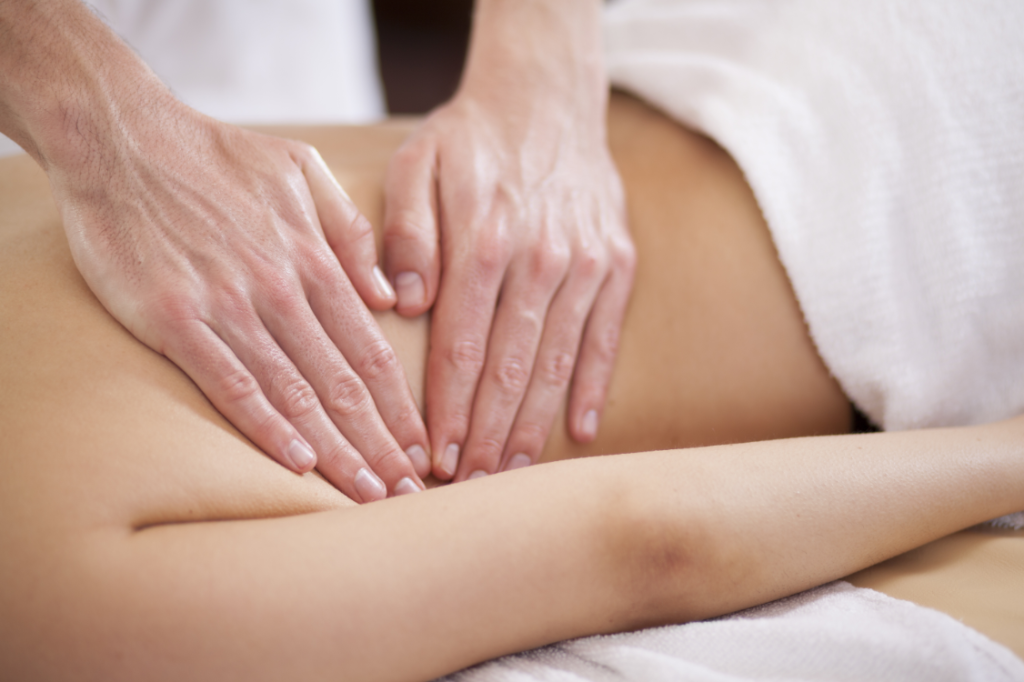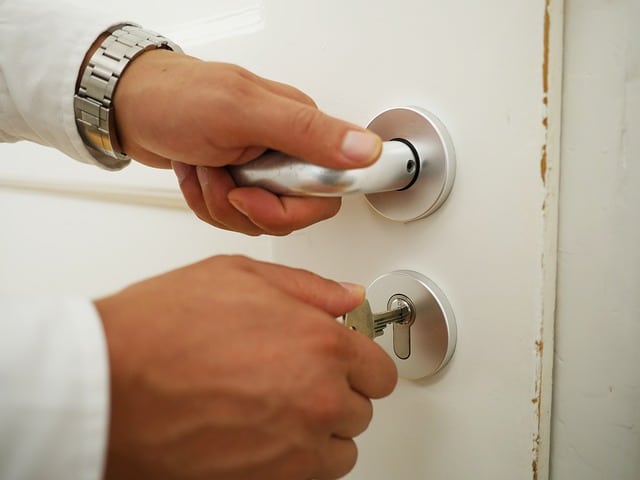Cultural sensitivity is paramount for international business travelers to navigate diverse cultural landscapes respectfully and effectively. Firstly, conduct thorough research on the cultural norms, customs, and business etiquette of the destination country. This includes understanding communication styles, appropriate dress codes, and gestures that may carry different meanings. Demonstrating awareness and respect for local traditions can facilitate smoother interactions and build rapport with potential partners or clients. Secondly, prioritize active listening and observation. Pay attention to verbal and non-verbal cues to gauge the comfort levels and expectations of your counterparts. Avoid making assumptions based on your own cultural perspective and remain open to learning from the local culture. This not only fosters mutual understanding but also enhances communication effectiveness. Thirdly, adapt your communication style to accommodate cultural preferences. Be mindful of language proficiency levels and speak clearly and concisely to ensure your message is understood.

Use simple language and avoid jargon or slang that may not translate well. Additionally, practice patience and allow time for discussions to unfold naturally, respecting cultural preferences for indirect communication or decision-making processes. Fourthly, demonstrate respect for hierarchical structures and formalities that may vary across cultures. Integrating massage therapy into your travel routine can have profound benefits for both physical and mental well-being. Whether traveling for business or leisure, scheduling 서울 출장 홈타이 massage sessions allows you to alleviate muscle tension, reduce stress, and enhance relaxation, all while maintaining productivity and focus. By choosing appropriate massage techniques, timing sessions strategically, and prioritizing self-care, travelers can optimize their travel experiences and ensure they remain at their best throughout their journeys. Embracing massage therapy as an integral part of your travel routine not only supports personal health and resilience but also reinforces a commitment to overall wellness and balance in today’s dynamic and demanding world.
Address individuals using appropriate titles and greetings, and adhere to protocols during meetings or social engagements. Show deference to seniority and authority figures, as this signifies respect and acknowledges local business norms. Fifthly, be aware of cultural sensitivities related to personal space, gestures, and physical contact. In some cultures, physical proximity and touch may be more or less acceptable than in others. Respect personal boundaries and follow the lead of your local counterparts regarding greetings and interactions. Lastly, embrace a mindset of cultural humility and willingness to adapt. Acknowledge that cultural differences exist and approach each interaction with curiosity and respect. Seek feedback from local colleagues or partners on your conduct and be open to making adjustments as needed. By demonstrating cultural sensitivity, international business travelers can build trust, strengthen relationships, and navigate cross-cultural interactions with confidence and respect. These practices not only contribute to successful business outcomes but also promote cultural exchange and collaboration on a global scale.





